How Much Are Solar Panel Batteries?
In recent years, the adoption of solar energy systems has surged, driven by the increasing awareness of environmental sustainability and the desire to reduce electricity bills. A critical component of these systems is the solar panel battery, which stores the energy generated by solar panels for use when the sun isn't shining. Understanding the cost of solar panel batteries is essential for anyone considering a solar energy system. This article will delve into the various factors that influence the price of solar panel batteries, the types of batteries available, and the long-term financial implications of investing in solar energy storage.
Factors Influencing the Cost of Solar Panel Batteries
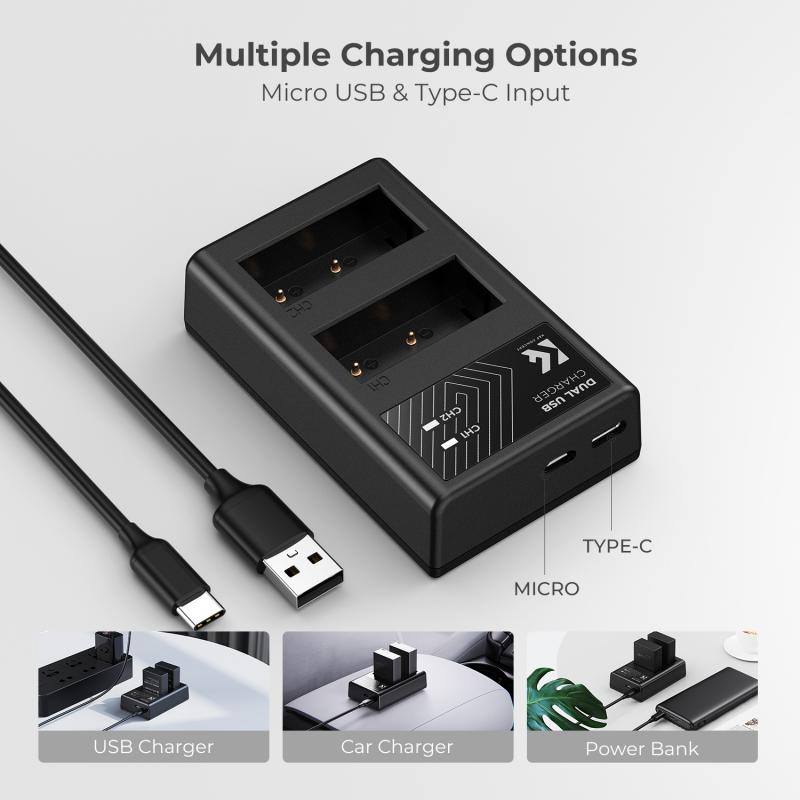
The cost of solar panel batteries can vary widely based on several factors. Here are the primary considerations:
1. Battery Type: The type of battery significantly impacts the cost. The most common types are lead-acid, lithium-ion, and flow batteries. Lithium-ion batteries are the most popular due to their efficiency and longer lifespan, but they are also more expensive than lead-acid batteries.
2. Capacity: The storage capacity of the battery, measured in kilowatt-hours (kWh), directly affects the price. Higher capacity batteries can store more energy, making them more expensive.
3. Brand and Quality: The brand and quality of the battery also play a crucial role. Reputable brands with proven track records tend to charge more for their products, but they often offer better performance and longer warranties.
4. Installation Costs: The cost of installing the battery can add to the overall expense. This includes labor, additional equipment, and any necessary modifications to your existing solar energy system.
5. Incentives and Rebates: Government incentives and rebates can significantly reduce the cost of solar panel batteries. These vary by location and can include tax credits, grants, and other financial incentives.
Types of Solar Panel Batteries
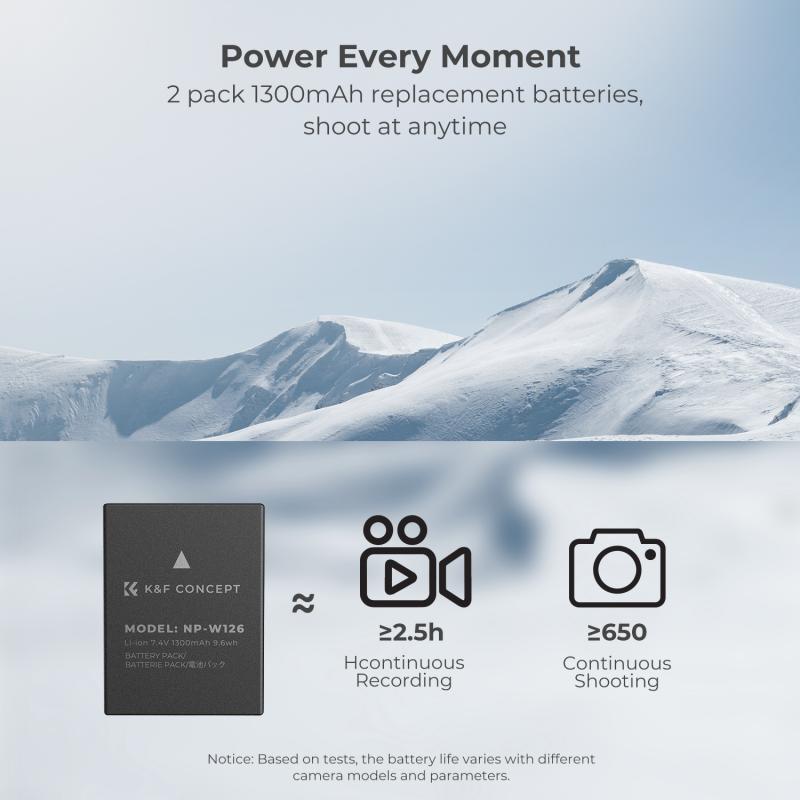
Understanding the different types of solar panel batteries can help you make an informed decision. Here are the main types:
1. Lead-Acid Batteries: These are the oldest type of rechargeable battery and are relatively inexpensive. However, they have a shorter lifespan and lower efficiency compared to other types. They are best suited for small-scale or off-grid solar systems.
2. Lithium-Ion Batteries: These are the most popular choice for residential solar energy systems. They offer higher efficiency, longer lifespan, and better performance. However, they are more expensive than lead-acid batteries.
3. Flow Batteries: These are a newer technology and are still relatively rare in residential applications. They offer the advantage of being able to store large amounts of energy and have a long lifespan. However, they are currently more expensive and less widely available.
Cost Breakdown
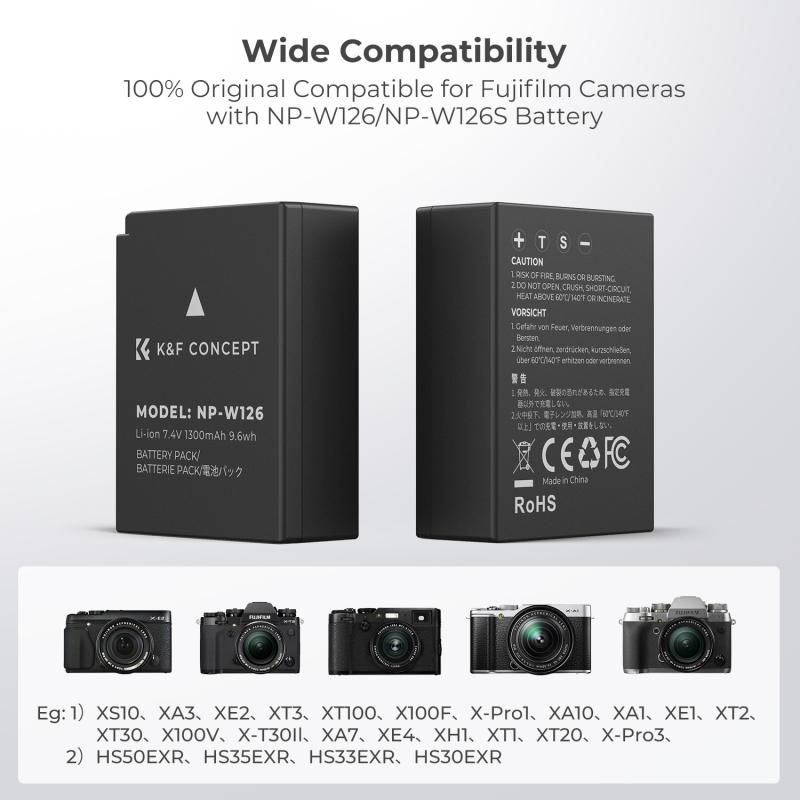
To give you a clearer picture, let's break down the costs associated with each type of battery:
1. Lead-Acid Batteries: These typically cost between $100 to $200 per kWh. For a 10 kWh system, you can expect to pay between $1,000 to $2,000. However, due to their shorter lifespan, you may need to replace them more frequently.
2. Lithium-Ion Batteries: These usually range from $500 to $1,000 per kWh. For a 10 kWh system, the cost would be between $5,000 to $10,000. Despite the higher upfront cost, their longer lifespan and better efficiency can make them more cost-effective in the long run.
3. Flow Batteries: These can cost anywhere from $700 to $1,500 per kWh. For a 10 kWh system, the price would be between $7,000 to $15,000. While they offer excellent performance and longevity, their high cost and limited availability can be a barrier for many homeowners.
Long-Term Financial Implications
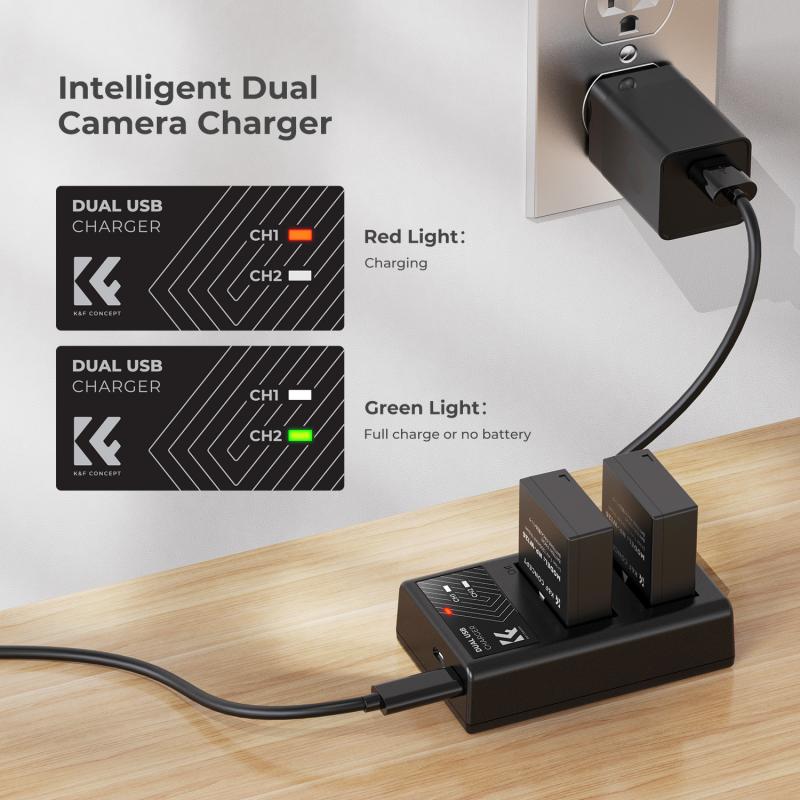
Investing in solar panel batteries can have significant long-term financial benefits. Here are some key considerations:
1. Energy Independence: By storing solar energy, you can reduce your reliance on the grid and protect yourself from rising electricity prices. This can lead to substantial savings over time.
2. Increased Property Value: Homes with solar energy systems, including battery storage, often have higher property values. This can be an important factor if you plan to sell your home in the future.
3. Return on Investment (ROI): While the initial cost of solar panel batteries can be high, the long-term savings on electricity bills can provide a good return on investment. The payback period can vary, but many homeowners see a return within 5 to 10 years.
4. Environmental Impact: Investing in solar energy storage contributes to reducing your carbon footprint and promoting environmental sustainability. This can be a significant motivator for many people.
Practical Tips for Choosing Solar Panel Batteries
If you're considering investing in solar panel batteries, here are some practical tips to help you make the best decision:
1. Assess Your Energy Needs: Determine how much energy you need to store based on your household's energy consumption. This will help you choose the right capacity for your battery.
2. Research Brands and Models: Look for reputable brands and read reviews from other users. Consider the warranty and customer support offered by the manufacturer.
3. Consult with Professionals: Speak with solar energy professionals to get personalized advice and recommendations. They can help you understand the technical aspects and installation requirements.
4. Explore Incentives: Research available incentives and rebates in your area. These can significantly reduce the overall cost of your solar panel battery system.
5. Consider Future Expansion: If you plan to expand your solar energy system in the future, choose a battery that can accommodate additional capacity.
The cost of solar panel batteries can vary widely based on several factors, including the type of battery, capacity, brand, and installation costs. While the initial investment can be substantial, the long-term financial and environmental benefits make it a worthwhile consideration for many homeowners. By understanding the different types of batteries and their associated costs, you can make an informed decision that meets your energy needs and budget. Investing in solar panel batteries not only provides energy independence and potential savings but also contributes to a more sustainable future.


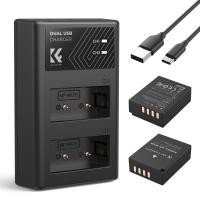
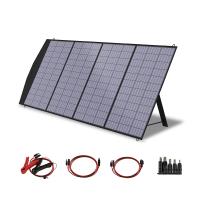
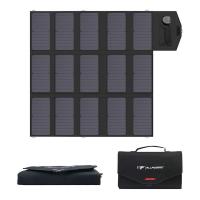
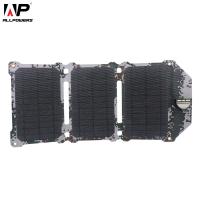
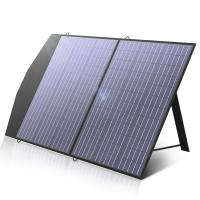
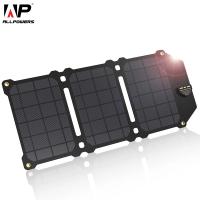
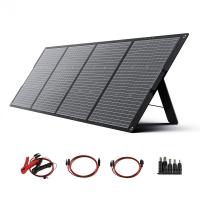

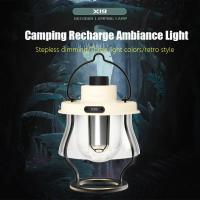


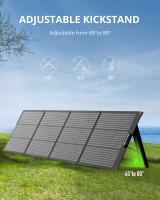

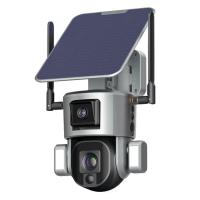
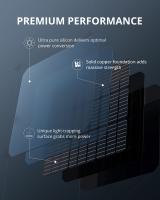

There are no comments for this blog.